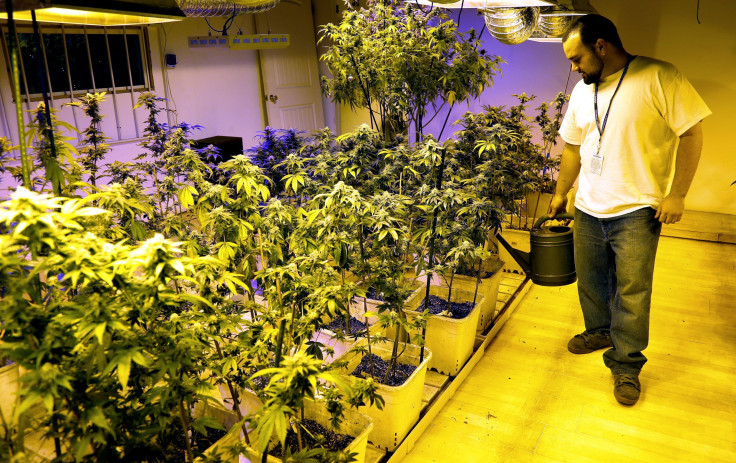Marijuana Stunts Midlife Success More Than Alcohol Dependency: Heavy Users Face Food Insecurity, Debt

A study that followed nearly 950 people from birth through midlife has found a link between regular marijuana use and negative job prospects as adults. As compared to their parents, those involved in the study were more likely to face financial difficulties, including food insecurity and debt, if they were heavy marijuana users.
"The rest of the people in the study who were not regular and persistent cannabis users ended up in a higher social class than their parents," said Magdalena Cerda, lead investigator and associate professor at the University of California, Davis, the Oregonian of Portland reported Wednesday.
The study, published Wednesday in the journal Clinical Psychological Science, accounted for factors including intelligence, family structure, gender, ethnicity and more. It followed the 950 people from birth, starting in 1973, through four decades of life. The subjects of the study were from Dunedin, New Zealand. It evaluated marijuana use starting at age 18 and then social and financial standings at age 38.
"It's a good study," said Colin Roberts, a pediatric neurologist at Oregon Health & Science University, the Oregonian reported. "They established an association that's pretty compelling."
Roberts, who is also a member of Oregon's Cannabis Research Task Force, which researches medical marijuana, said the results were worth considering at a time of nationwide debates over legalizing marijuana. Four states, including Colorado, have legalized marijuana for recreational use. Twenty-three states, including Oregon, allow marijuana for medical use.
"There was a large number of people that were looked at, which is really important," Roberts said. "We can't do studies like this in the U.S. because it's really hard to collect information on people over that period of time. We don't have a central source for people's medical records."
Some were skeptical about the findings, though. Paul Armentano, deputy director of NORML, a pro-legalization advocacy group, said the study showed an association but could not predict the correlation.
"It is likely that those facing social and economic adversity are more likely than those who are not to turn to legal and illegal intoxicants as a coping mechanism," Armentano said, HealthDay reported.
There were cases where individuals who smoked four or more times a week turned out more upwardly mobile than their parents or where those who abstained did worse off. But in nearly 52 percent of cases of regular marijuana users, they experienced downward mobility, as compared to 14 percent of those who did not use marijuana.
Those who argue in favor of marijuana legalization often highlight the fact that alcohol is more dangerous and yet is nonetheless legal. The study, which also looked at the impact of alcohol use, found marijuana to be more impactful on midlife prospects, though alcohol remained a bigger problem due to its higher rate of abuse.
"We need to be aware that persistent heavy cannabis use may have consequences for how well people do in life, how they perform and function at work and in relationships with others," Cerda said.
© Copyright IBTimes 2024. All rights reserved.






















